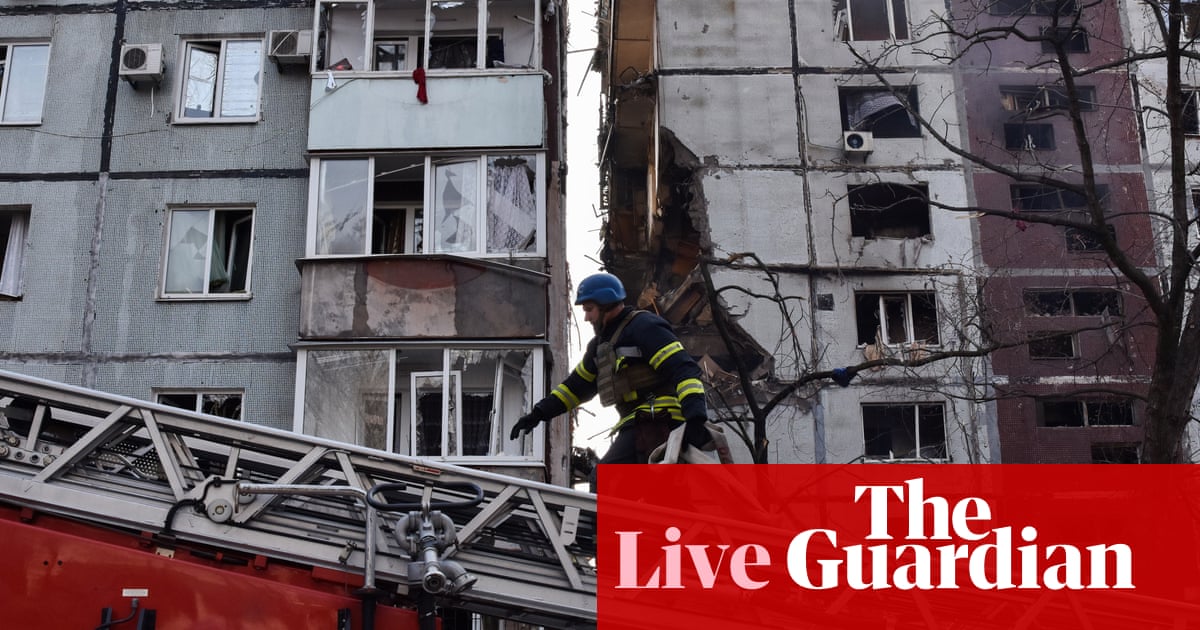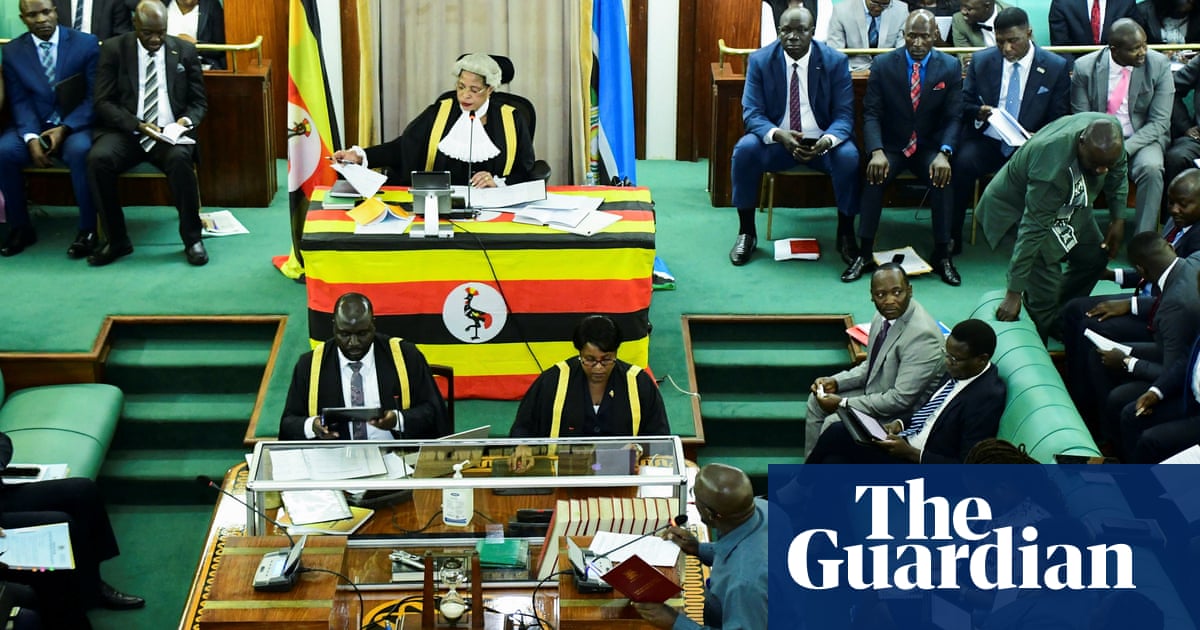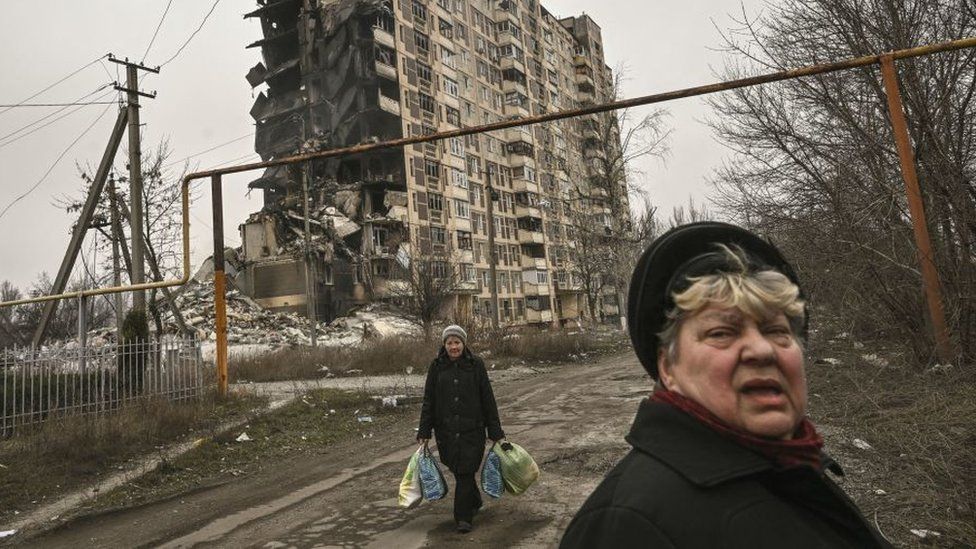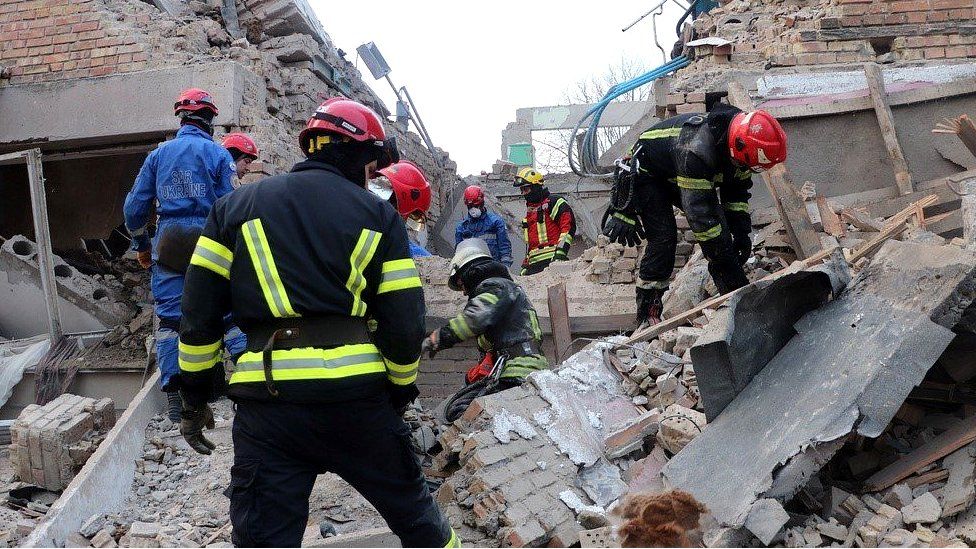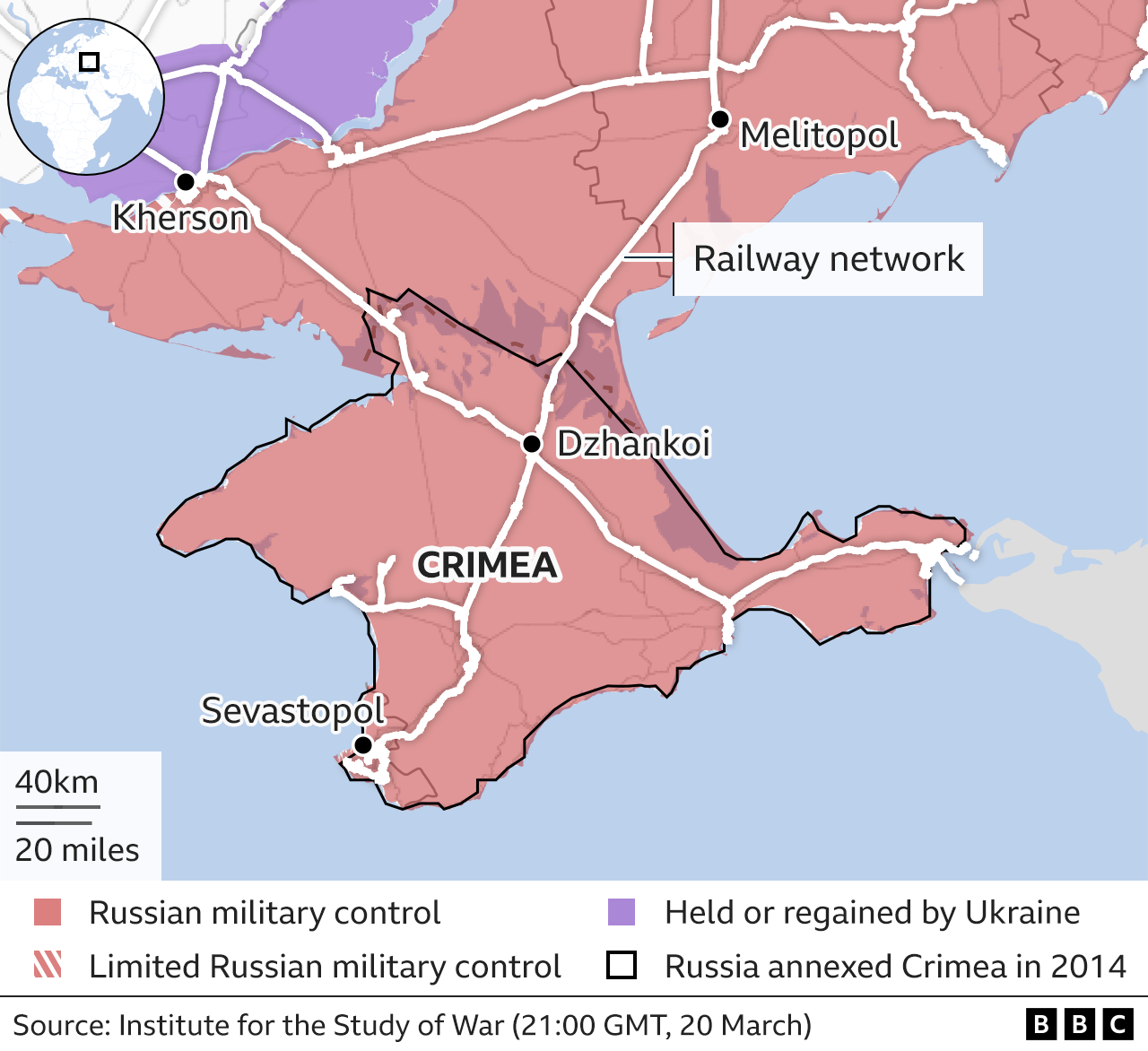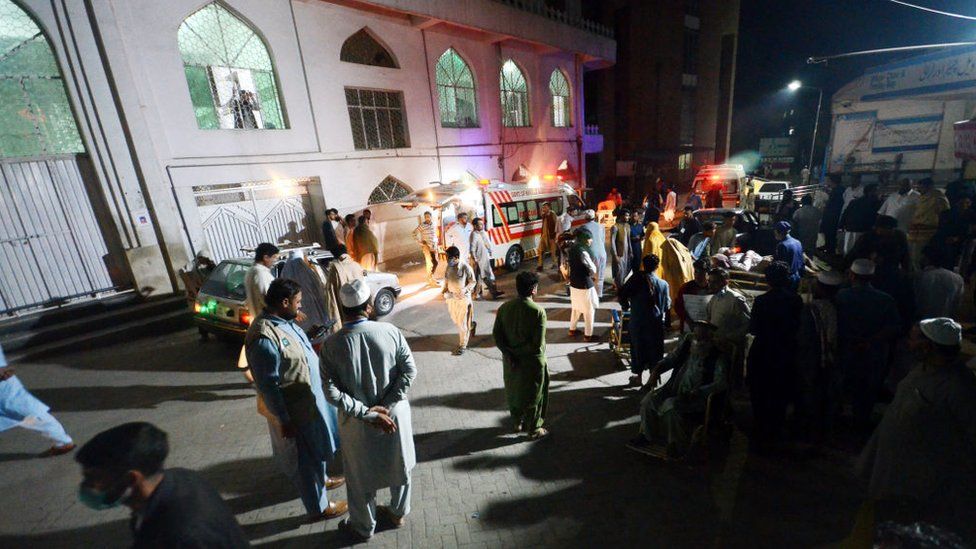Emmanuel Macron was warned he faced the same fate as the beheaded King Louis XVI as fury over his pension reforms brought France to a standstill on Thursday.
Hundreds of thousands of people took to the streets across the country, clashing with police, disrupting travel and blockading oil refineries in the most chaotic day of unrest since demonstrations against the president’s plan to raise the age of retirement from 62 to 64 began earlier this year.
Thursday’s nationwide strikes were the first since the government survived a no-confidence motion and pushed the deeply unpopular reform through parliament without a vote.
French unions claimed 3.5 million people had taken part in the demonstrations, while police said just over one million had done so.
Large crowds marched in Paris, where protesters carried placards depicting Mr Macron in the regalia of France’s executed leader, with messages warning: “Louis XVI – we beheaded him.”
Protesters stormed the city’s Charles de Gaulle airport in Paris, blocking the motorway leading to it and forcing travellers to reach it on foot.

Crowds of demonstrators blocked the tracks at Gare de Lyon train station, with the union member leading them calling for the president to be “overthrown” and for King Charles’ visit to Paris this weekend to be targeted. “Let’s all go to Versailles and welcome him as we should,” Fabien Villedieu told BFMTV.
French trade unions have called for a new day of nationwide strikes and protests next Tuesday to coincide with the visit.
Elsewhere in the capital, the Eiffel Tower, Palace of Versailles and Arc de Triomphe were closed.
While most demonstrators in Paris were generally peaceful, smaller groups of “Black Bloc” anarchists smashed shop windows, destroyed street furniture and ransacked a McDonald’s restaurant.
Clashes broke out as riot police moved in and drove back the protesters with tear gas and stun grenades, and firefighters were forced to intervene after pallets and piles of uncollected rubbish were set ablaze.
Nadia Belhoum, a 48-year-old bus driver taking part in the Paris march, criticised Mr Macron’s decision to force the higher retirement age through, saying: “The president of the Republic... is not a king, and he should listen to his people.”
The president broke weeks of silence on the new policy to say he would stand firm and that the law would come into force by the end of the year, at one point comparing the protests to the 2021 storming of the US Capitol.
Critics attacked the statement, calling him “self-satisfied” and “out of touch”. Ahead of the demonstrations in Paris, Philippe Martinez, the head of the CGT union, accused Mr Macron of stoking the flames.
“When there is such a conflict, the role of the president of the republic is to calm things down. Yesterday, he threw a can of gasoline on the fire,” he said.
In Marseille, where unions claimed 280,000 people turned out to protest, Jean-Luc Melenchon, France Unbowed’s Left-wing leader, urged opponents of the pension reform not to be intimidated and said: “Today, we must throw all our forces into battle.”
In the port town of Lorient, demonstrators hanged an effigy and set it on fire in front of the police station. Several officers were injured as they fought back protesters trying to storm the building, which caught fire after being hit with flaming projectiles.
Gerald Darmanin, the interior minister, called the violence “unacceptable” and said: “These actions cannot go unpunished.”
Elisabeth Borne, the French prime minister, said: “It is a right to demonstrate and make your disagreements known, but the violence and destruction that we have seen today are unacceptable.”
More than 250 protests were organised across the country, and union leaders praised the “significant” mobilisation.
Near Toulouse, in south-west France, plumes of smoke were seen rising from burning piles of debris blocking traffic on a highway.
Masked demonstrators dressed in black set fire to rubbish bins and clashed with police in Rennes, with water cannon being used to disperse them.
Fabien Roussel, the leader of France’s Communist Party, which has joined the protests, called on police to lay down their batons and “join the movement”. He said Mr Macron had “bet on violence” at protests to turn public opinion against the demonstrators.
Protests also targeted oil depots and blocked an LNG terminal in the northern city of Dunkirk. Blockades at oil refineries and petrol depots have also exacerbated a fuel shortage across the country, with pumps at around 15 per cent of service stations running dry.
Airports warned of a critical fuel shortage. Flight services will continue to be reduced at the weekend, France’s civil aviation authority said.
Protests against the new law – which also accelerates a planned increase in the number of years for which a person must work to draw a full pension – have drawn huge crowds in rallies organised by unions since January.
Uproar over the pension reform has turned into the biggest domestic crisis of Mr Macron’s second term in office.
A survey on Sunday showed that his personal approval rating had slumped to 28 per cent, its lowest since the anti-government gilets jaunes protest movement brought chaos to the country in 2018-19.
Backtracking on earlier claims that the crowds demonstrating had “no legitimacy”, Mr Macron said organised protests were “legitimate”, but violence should be condemned and blockages should not impede normal activity.
While France was mired in chaos, he was in Brussels to attend a summit of the European Council.
https://news.google.com/rss/articles/CBMidGh0dHBzOi8vd3d3LnRlbGVncmFwaC5jby51ay93b3JsZC1uZXdzLzIwMjMvMDMvMjMvZnJhbmNlLXByb3Rlc3RzLWVtbWFudWVsLW1hY3Jvbi1wZW5zaW9uLXJlZm9ybXMtY2hhcmxlcy1kZS1nYXVsbGUv0gEA?oc=5
2023-03-23 20:23:00Z
1845123785



